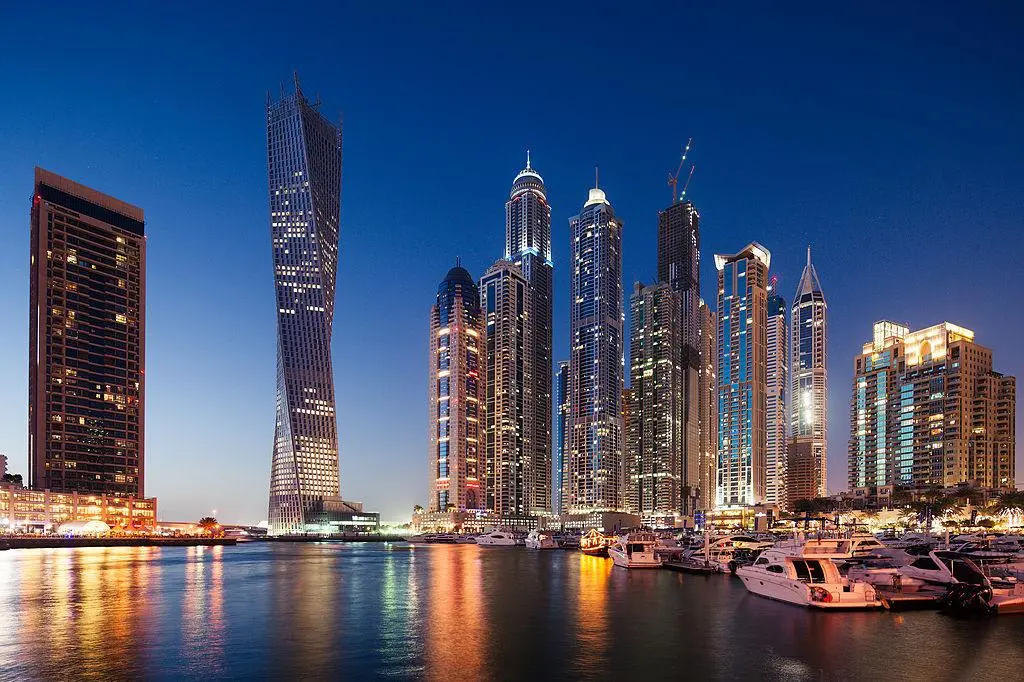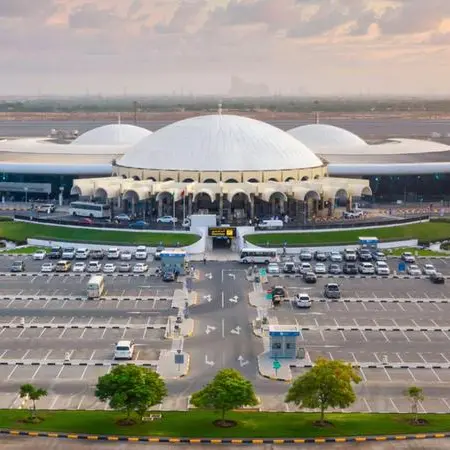PHOTO
As the practice of remote working carried on into another year, prime office rents in Dubai continued to fall in the first quarter of the year, hitting the lowest level recorded since around nine years ago, new figures from Knight Frank showed.
Average rents of prime offices across the emirate stood at just over 200 dirhams ($54.45) per square foot, which is 4.2 percent lower than a year ago and the lowest since the third quarter of 2012. Citywide, average rates fell by 7.7 percent year-on-year.
Millions of workers worldwide were sent home at the start of the COVID-19 outbreak last year and since then, many have not returned to the workplace.
According to Faisal Durrani, Knight Frank’s head of Middle East research, the office market is still feeling the impact of the coronavirus pandemic, although “there are pockets of activity emerging”, particularly in the technology-media-telecoms sector.
“The increased level of activity stems from rising nationwide business confidence, driven by the world-leading vaccine rollout programme that is allowing a semblance of normality to return,” said Durrani.
“Still, this doesn’t take away from the fact that the pandemic has fundamentally altered occupier mindsets, with occupational strategies still under review, with a view to factoring greater remote working going forward.”
This week, Dubai eased some of its COVID-19 restrictions, allowing social gatherings such as weddings, concerts and other events to resume with less stringent requirements.
Abu Dhabi market
In Abu Dhabi, the office market is expected to remain subdued.
Market-wide vacancy stood at 21.7 percent at the end of the first quarter, down slightly from 21.9 percent in the fourth quarter of 2020. Vacancy rate at prime offices also averaged 25.6 percent, down from almost 29 percent in the first quarter of 2020.
“Activity in Abu Dhabi’s occupier market is expected to remain subdued with new take-up likely to continue being driven by public sector entities and smaller domestic businesses. The latter are looking to capitalise on the weaker conditions by consolidating operations, or upgrading offices, where possible, but average space requirements remain relatively small among this cost-conscious cohort,” said Durrani.
Restrictions are expected to ease further as the UAE attempts to speed up the economic recovery from the pandemic. Daily COVID-19 infection rate in the UAE has just started to ease, averaging below 2,000 new cases since the beginning of the month.
Home to some 9.7 million residents, the UAE has so far recorded 547,000 cases since the pandemic began, with a death toll of 1,633.
(Writing by Cleofe Maceda; editing by Brinda Darasha)
Disclaimer: This article is provided for informational purposes only. The content does not provide tax, legal or investment advice or opinion regarding the suitability, value or profitability of any particular security, portfolio or investment strategy. Read our full disclaimer policy here.
© ZAWYA 2021




















